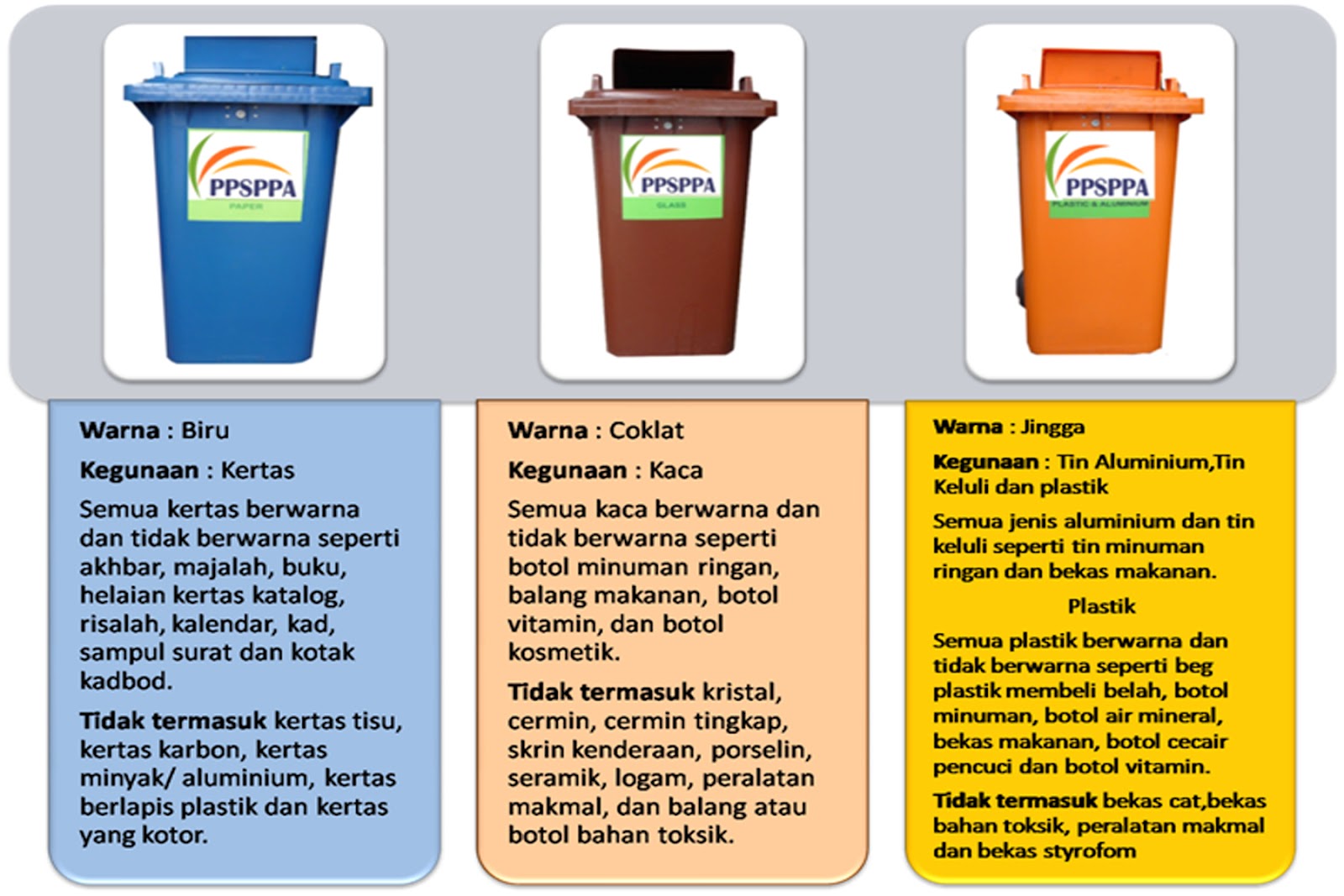The Ultimate Guide to Cultivating Recycling Habits
In a world grappling with the consequences of waste, adopting sustainable practices is no longer a choice but a necessity. Recycling, a cornerstone of eco-conscious living, offers a powerful way to reduce our environmental footprint and conserve precious resources. But how do we move beyond sporadic recycling efforts and cultivate lasting habits that make a real difference? This comprehensive guide explores the steps to embracing recycling as a way of life, empowering you to become a responsible steward of our planet.
Recycling, in its simplest form, is the process of transforming waste materials into reusable objects to prevent waste of potentially useful materials, reduce the consumption of fresh raw materials, minimize air pollution and water pollution (from landfilling) by reducing the need for "conventional" waste disposal, and lower greenhouse gas emissions. The journey towards widespread recycling began with rudimentary practices, evolving over time as environmental awareness grew and technology advanced. Today, recycling encompasses a vast network of processes, technologies, and policies aimed at recovering resources from discarded materials.
Despite its clear benefits, recycling faces several challenges. Contamination of recyclable materials with non-recyclable waste, lack of awareness about proper sorting techniques, and inadequate infrastructure for collection and processing are among the key hurdles. Additionally, the economics of recycling can be complex, as the cost of collecting, sorting, and processing recyclables is sometimes higher than using virgin materials. Addressing these issues requires a multifaceted approach involving individuals, communities, and governments working together to create a more sustainable future.
Understanding the importance of recycling is paramount to cultivating lasting habits. By diverting waste from landfills, we conserve valuable natural resources, reduce pollution, and mitigate the impacts of climate change. Landfills, often the final destination for non-recycled waste, release harmful greenhouse gases like methane into the atmosphere, contributing to global warming. Recycling helps minimize the need for landfills, protecting our environment and preserving it for future generations.
Moreover, recycling reduces our reliance on extracting virgin materials, a process that often involves deforestation, habitat destruction, and intensive energy consumption. From paper production to metal mining, the extraction of raw materials takes a heavy toll on our planet. Recycling helps alleviate this pressure, conserving our natural resources and reducing the environmental impact associated with their extraction.
Advantages and Disadvantages of Recycling
| Advantages | Disadvantages |
|---|---|
| Conserves natural resources | Can be inconvenient and time-consuming |
| Reduces pollution | Recycling processes can still have environmental impacts |
| Saves energy | Not all materials are recyclable |
| Creates jobs | Contamination can render recyclable materials unusable |
To truly make recycling a way of life, we need to integrate it seamlessly into our daily routines. Start by setting up a simple and efficient recycling system at home. Designate separate bins for different types of recyclables, such as paper, plastic, glass, and metal. Label these bins clearly to avoid confusion and ensure proper sorting. Educate yourself and your family members on which materials are accepted in your local recycling program, as guidelines can vary depending on your location.
Once you have a system in place, make conscious efforts to reduce waste and prioritize recyclable products. Opt for products with minimal packaging or packaging made from recycled materials. Support businesses that prioritize sustainability and offer recycling programs. By making mindful choices in your daily life, you can significantly reduce your environmental footprint and contribute to a more sustainable future.
In conclusion, cultivating recycling habits is not merely about sorting waste; it's about embracing a mindset of responsibility towards our planet. By understanding the profound impact of our actions and taking conscious steps to reduce, reuse, and recycle, we can collectively pave the way for a cleaner, healthier, and more sustainable future. Let us all commit to making recycling an integral part of our lives, leaving a positive legacy for generations to come.
Exploring the world of 4 panel anime a guide to yonkoma and indonesian subtitles
Discovering ramos arizpe altitude and its charm
Conquering fortnite the ultimate guide to choosing a killer trident name













